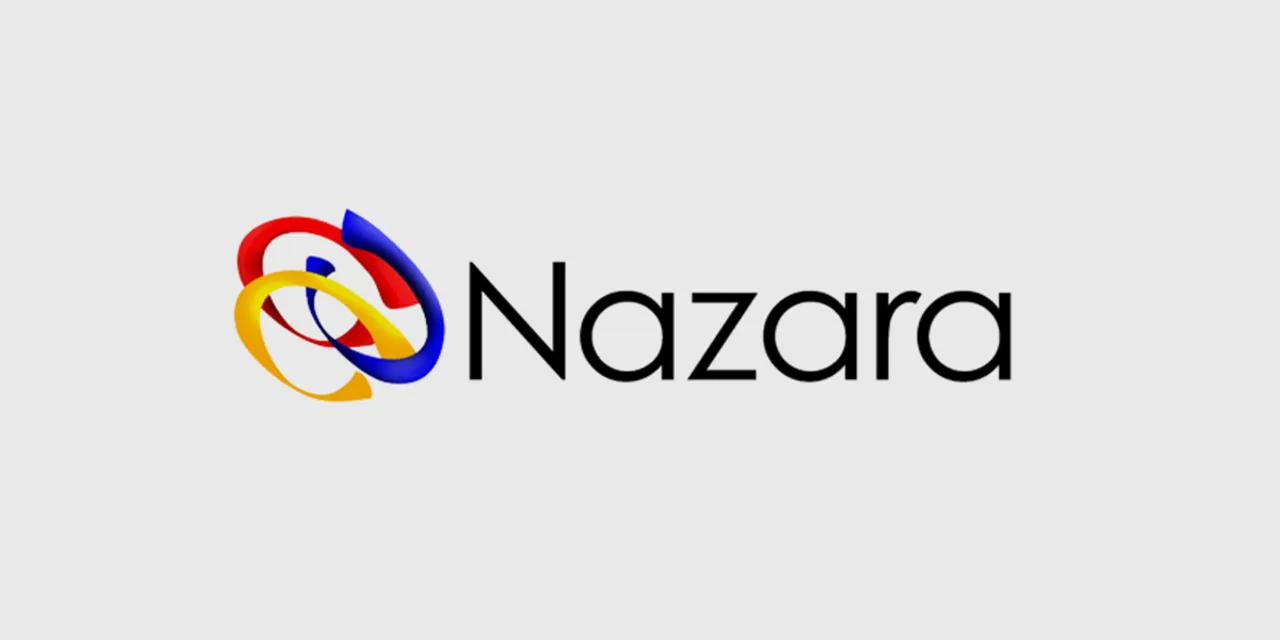

Several real-money gaming (RMG) companies are preparing to file writ petitions in 2–3 High Courts this week, challenging the recently passed Promotion and Regulation of Online Gaming Bill, 2025, sources told Moneycontrol.
The new law bans all online money games where users deposit money with the expectation of earning winnings.
Legal Challenge Expected
Companies such as Dream11, Gameskraft, and Head Digital Works are exploring legal options. Sources confirmed that industry stakeholders are in consultation to decide whether to file petitions individually or collectively, though federations like EGF and AIGF are unlikely to participate directly.
The provisions most likely to be contested include Chapter III (Sections 5 to 7) of the Act, which impose a complete prohibition on online money gaming services.
Constitutional Grounds of Challenge
Legal experts suggest that the petitions will invoke Article 19(1)(g) (right to carry on trade or business), arguing that the restrictions go beyond the reasonable limits under Article 19(6). Potential challenges may also include:
- Article 14 violations (arbitrary classification between games of skill and chance).
- Retrospective impact on ongoing businesses and investments.
Impact on Industry
The RMG industry, which has been recognized by courts as a legal skill-based business, warns of severe fallout from the ban, including:
- Over 200,000 job losses
- Rs 25,000 crore hit to foreign direct investment (FDI)
- Rs 20,000 crore drop in tax revenues
Experts argue that the move risks collapsing startups, deterring investors, and stifling innovation in India’s gaming ecosystem.
Broader Implications
Union IT Minister Ashwini Vaishnaw had already acknowledged that legal challenges to the Act were “surely expected.” Industry leaders believe the blanket restrictions could harm mobile gaming platforms, tournaments, and small developers, forcing many out of business.




